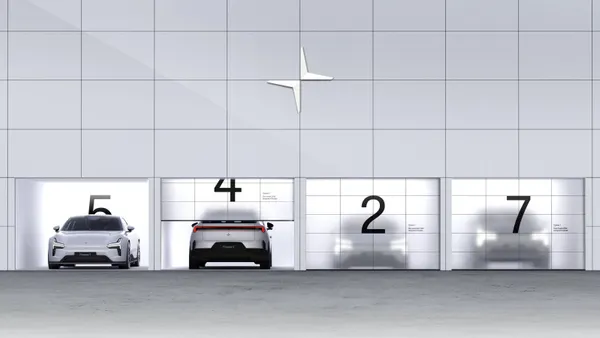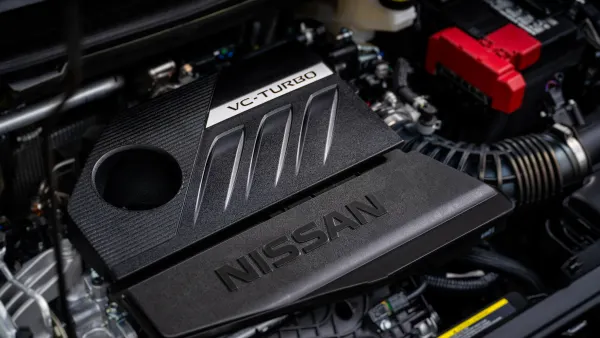Editor's note: This story is part of the WardsAuto digital archive, which may include content that was first published in print, or in different web layouts.
Adam Opel GmbH could compete in as many as eight new markets in 2011, as the beleaguered auto maker foresees higher productivity and the promise of profitability by 2012.
Agreements to accommodate Opel's market expansion should be in place by year-end, says CEO Nick Reilly.
“Then it takes a little bit of time to make sure that homologation is right for that particular country,” he says at the Paris auto show. “During 2011, I would say we'll be making a push into at least six, maybe eight new territories.”
Such moves were unimaginable this time last year, as Opel's finances were in shambles, its product-planning budget was sliced accordingly and its very survival questionable.
“The morale was right on the floor and there was quite a lot of internal strife,” he says. “I'm very happy to tell you that we're way past that now.”
Concessions by unions representing hourly workers portend savings of E265 million ($362 million) annually. And if the market performs as expected, Reilly says the labor-cost reductions — which include the closure this year of Opel's assembly plant in Antwerp, Belgium — will contribute to a 2-shift capacity-utilization rate estimated at 110%.
In addition to recently announced agreements to do business in Chile and Israel, and previously stated intentions to enter the Australian market, Opel is pursuing deals in Argentina and “a couple of others” in South America, Reilly says, adding plans are being made to increase the auto maker's limited presence in China.
Opel still will be “a relatively niche player” in China, he says. But because it's the world's largest new-vehicle market, the opportunity is attractive, despite the entrenchment there of General Motors Co. stablemates Chevrolet and Buick.









